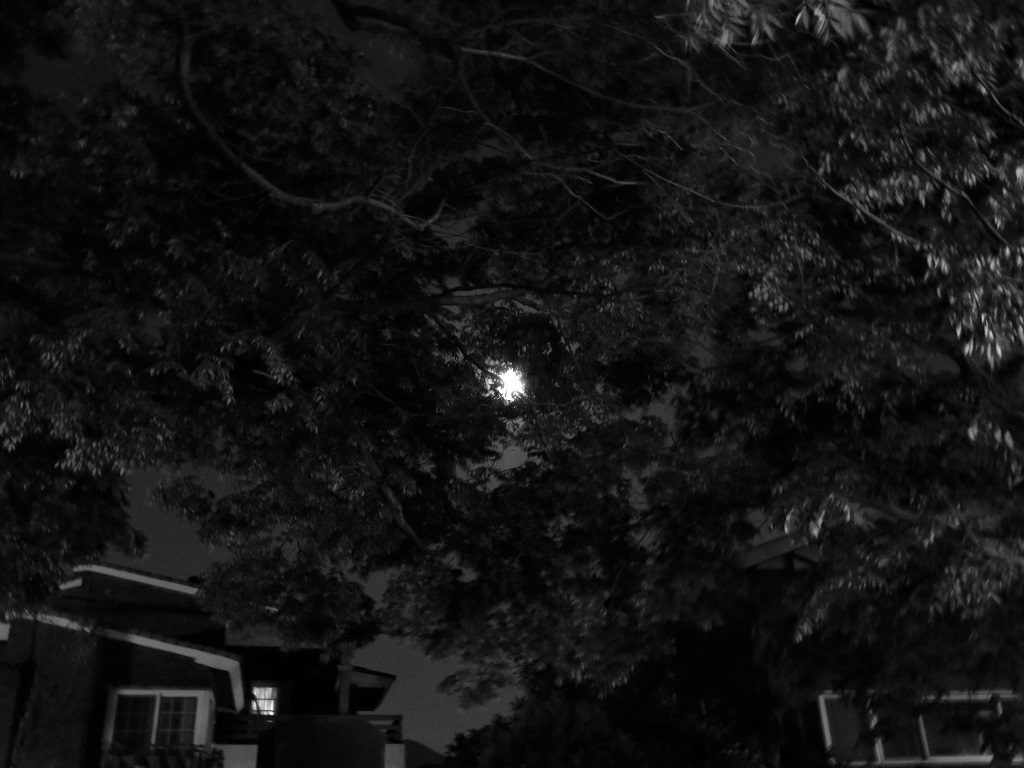Napoleon: My Review
Having now seen part of one of the trailers for Ridley Scott’s “epic” “historical” “biopic” Napoleon, and having been urged by no one to divulge my own impressions of this important cinematic event (i.e., box office smash), I feel that it is time at last to add my two cents — more than I would waste on watching a modern Hollywood movie — to the serious discussion of this film’s artistic merits and verisimilitude.
As far as I can remember, I have seen just two Ridley Scott films, but I sense that they are the two most admired ones, the films that gave him his lifelong reputation as a cinematic auteur, among those for whom auteur is a fancy way of saying, “This director satisfies my urge for teenage boy thrills coated with the thin veneer of a teenage boy’s idea of adult seriousness.” Those two films, as anyone knowledgeable about popular Hollywood films of the past fifty years may guess, are Blade Runner and Alien. I saw both of them back when I was a teenage boy, and therefore primed by ignorance and hormones to enjoy both movies to the fullest extent of their enjoyability. Nevertheless, the entirety of what I can remember about these two classics today consists of the following:
- Both movies seemed to have been made by a production company trying to save money on lights.
- Blade Runner starred Harrison Ford, famous as two of North America’s favorite childhood movie heroes, Han Solo and Indiana Jones, which automatically lent the movie an air of artistic legitimacy in the eyes of millions of teenage boys who grew up on Star Wars and Raiders of the Lost Ark. A perfect vindication of our boyhood fantasy world, we could all now say to our elders (or at least to one another), “Aha! Our coolest hero is a serious dramatic actor too!”
- Alien, to the very best of my recollection, was incredibly long and sleep-inducingly tedious, and featured exactly two things worth remembering– both of them, again, perfectly calculated to appeal to Ridley’s Scott’s target audience of art afficionados, i.e., teenage boys — namely (1) Sigourney Weaver in teeny tiny underwear facing off against a monster in the dark, and (2) a slimy Kermit the Frog jumping out of a man’s stomach. That I can’t remember what Ms. Weaver was doing in the scene, or why, but only how she looked in her underwear, and that I can’t remember who the sick man on the dimly lit table was, but only the slimy Kermit, is a pretty good indication of what this movie was about, and why it is still remembered today by the generation that sealed its fate as one of the great sci-fi epics of all time.
Which brings us to Mr. Scott’s new, and ultimate, epic film, Napoleon. I have not seen it, and won’t. I would like to appreciate and sympathize with Joaquin Phoenix, since he and I share a birth defect, but sadly all I can think is that he could not be more ill-suited to the role of the world-historically charismatic and inspiring young military leader. And in the part of the trailer that I saw, I was immediately put off by the stereotypically current blandness and predictability of the “larger than life” (read “totally unrealistic and unrelatable”) scale of the widescreen battle scene. To be fair, since the battle was filmed outdoors — or was manufactured on computers programmed to simulate an outdoor atmosphere — it seems to be lit well enough to allow the audience to see whatever it is that is supposed to be happening. This indicates a significant advance in Ridley Scott’s aesthetic, I suppose, or at least in his budgets.
Correction and Addendum:
Since writing the above review, it has occurred to me that I neglected Gladiator, a third Ridley Scott film that I have seen, and his previous entry into the “Greatest Historical Epic of All Time” Sweepstakes, no less — although that one, somewhat like Napoleon, bears only a tangential relation to anything that has ever happened in history. Gladiator too, I must add, cleverly utilizes sunlight in certain scenes to compensate for the traditional limitations of Scott’s lighting budget. As epics go, it stands to, say, Ben-Hur, and Russell Crowe’s performance to Charlton Heston’s, roughly as an ape to a man, or, to state it somewhat less generously, as Hans Zimmer to Miklos Rozsa.



